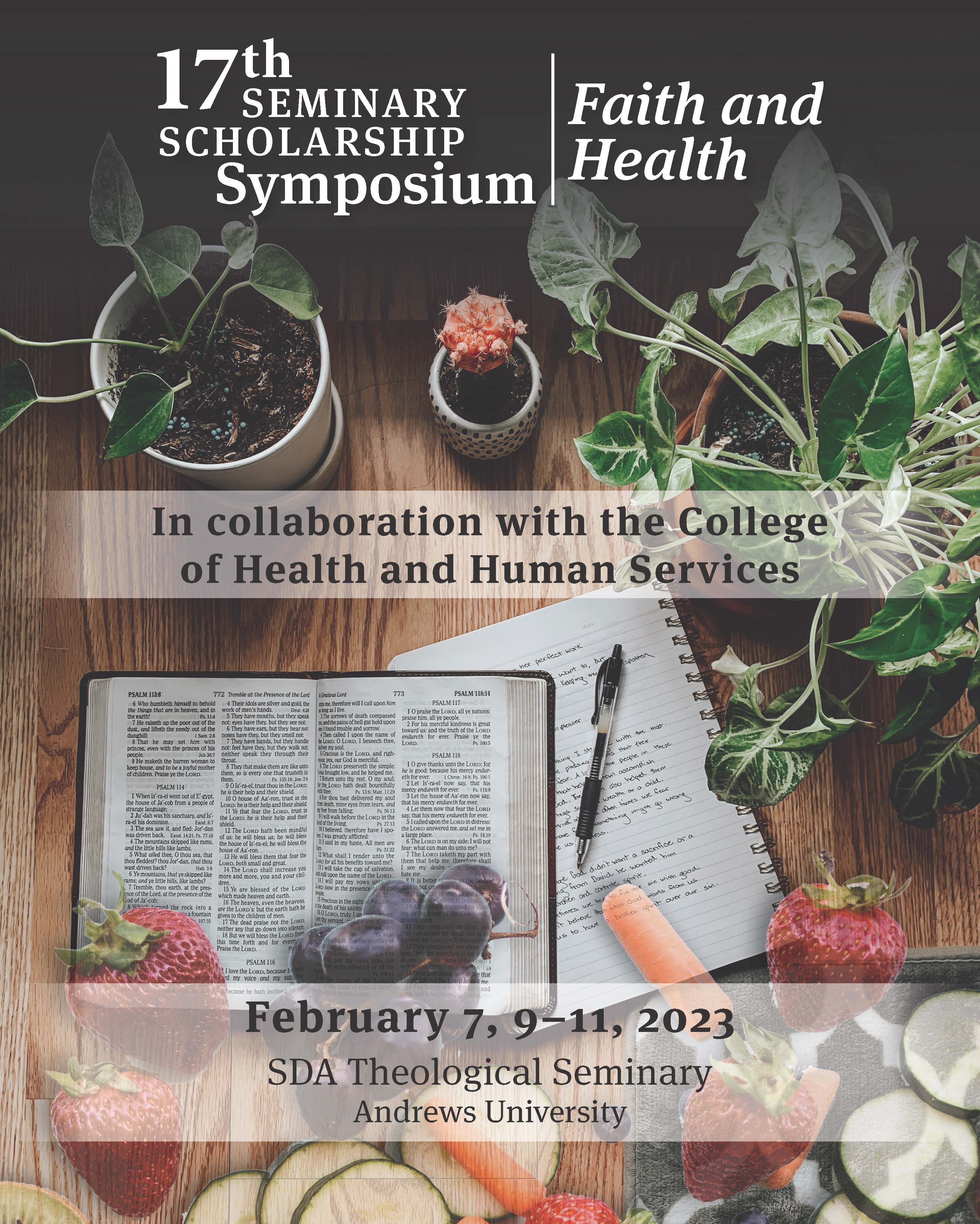Bridging Religious and Cultural Gaps in Public Health Through Successful Educational Partnerships with the Pokagon Band Native Americans
Location
Seminary Room N150
Start Date
10-2-2023 9:00 AM
End Date
10-2-2023 9:30 AM
Description
In Michigan, only 14.2 percent of Native Americans or Alaska Natives who are 25 years of age or older have received a bachelor’s degree, compared to the statewide average of 28.1 percent. Andrews University in partnership with Pokagon Band of Potawatomi Indians, seeks to improve Native American student outcomes under the new initiatives of the Title III grant by the U.S. Department of Education. This is achieved by combining the strengths and resources of Andrews University and the Pokagon Band. Andrews University learns how to best accommodate Native American students and their families through careful listening. Several factors have surfaced that are important. Some of these include trust, respect, kindness, and health. Health impacts all people regardless of race or culture. Faith-based institutions spend more time in health and healing than preaching. In this initiative, Andrews University will offer college-level courses in public health, English, stress management, and substance abuse in addition to others to the Band. The challenge in this partnership is moving away from the ideology of “Americanizing the Native Indian and Saving the Man.” The solution is not to change the Native Indian but to recognize their potential and offer them the opportunities and privileges to thrive.
Bridging Religious and Cultural Gaps in Public Health Through Successful Educational Partnerships with the Pokagon Band Native Americans
Seminary Room N150
In Michigan, only 14.2 percent of Native Americans or Alaska Natives who are 25 years of age or older have received a bachelor’s degree, compared to the statewide average of 28.1 percent. Andrews University in partnership with Pokagon Band of Potawatomi Indians, seeks to improve Native American student outcomes under the new initiatives of the Title III grant by the U.S. Department of Education. This is achieved by combining the strengths and resources of Andrews University and the Pokagon Band. Andrews University learns how to best accommodate Native American students and their families through careful listening. Several factors have surfaced that are important. Some of these include trust, respect, kindness, and health. Health impacts all people regardless of race or culture. Faith-based institutions spend more time in health and healing than preaching. In this initiative, Andrews University will offer college-level courses in public health, English, stress management, and substance abuse in addition to others to the Band. The challenge in this partnership is moving away from the ideology of “Americanizing the Native Indian and Saving the Man.” The solution is not to change the Native Indian but to recognize their potential and offer them the opportunities and privileges to thrive.




Comments
Breakout Session